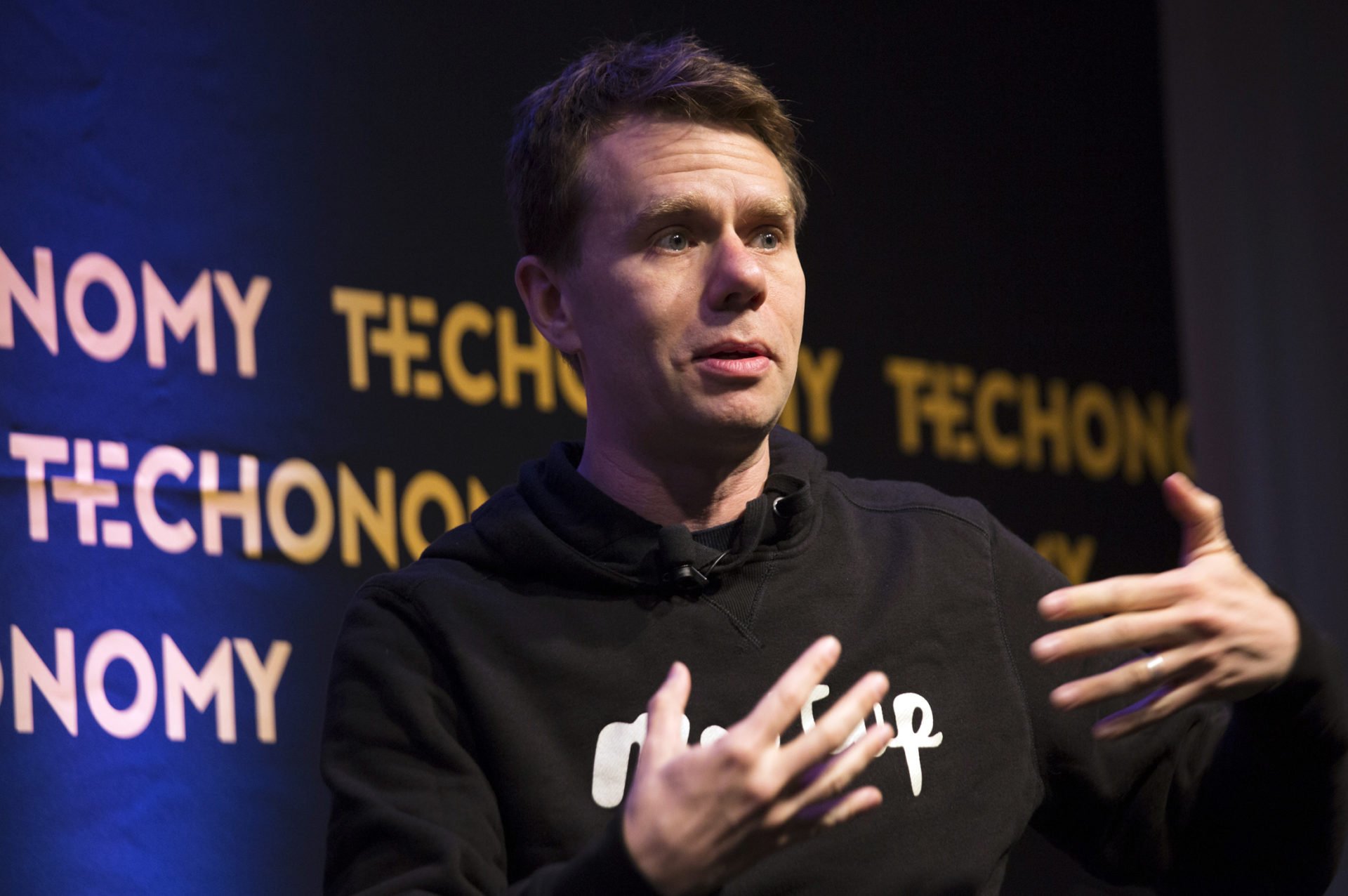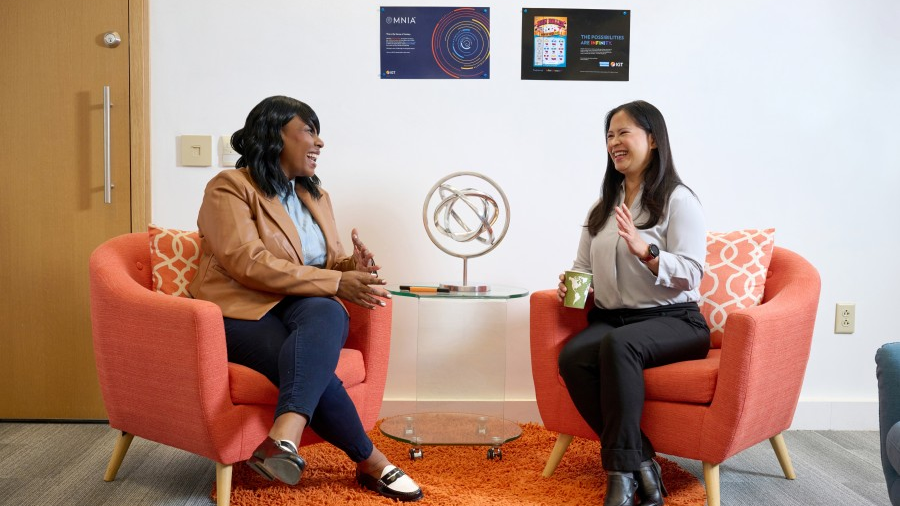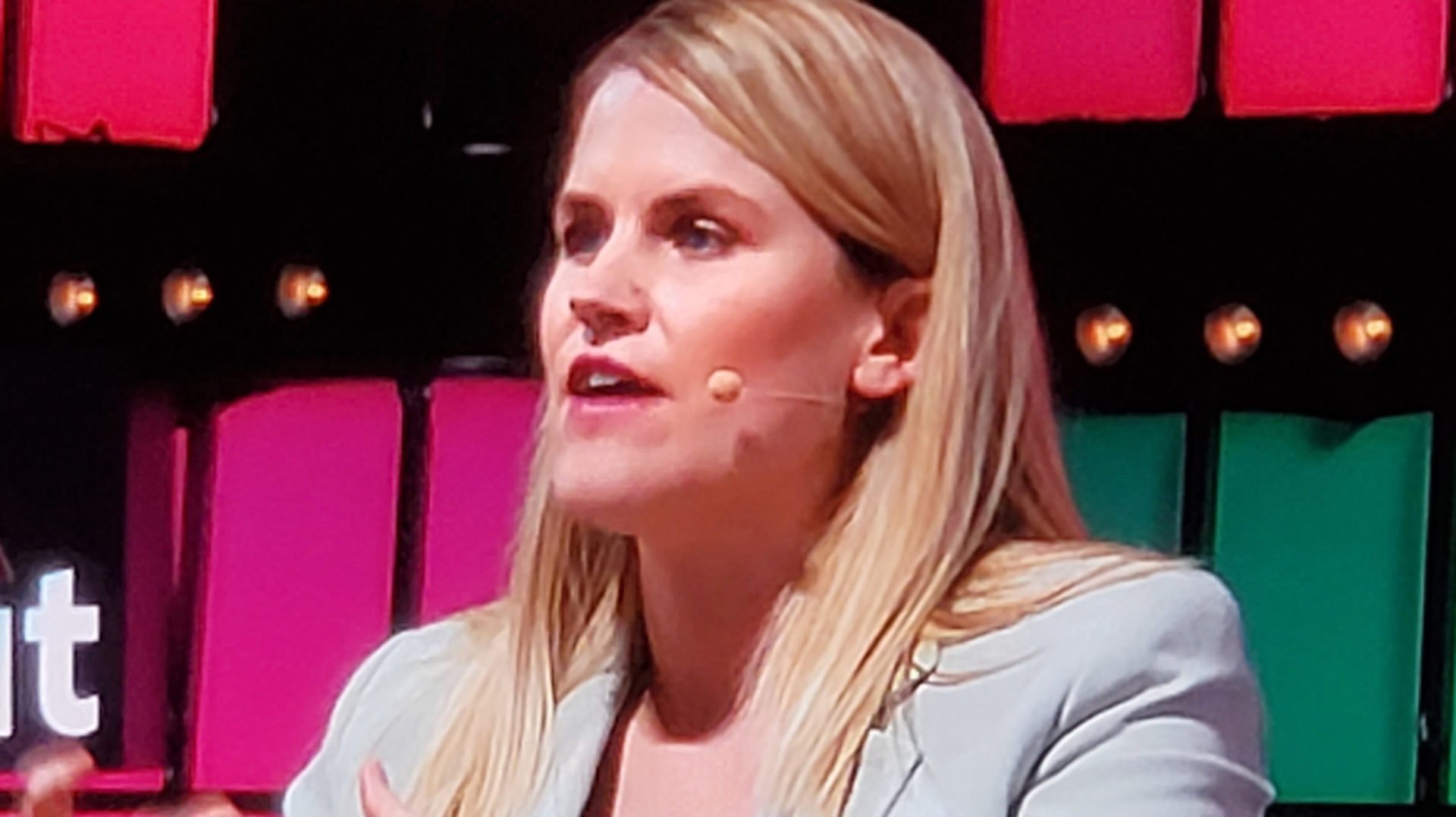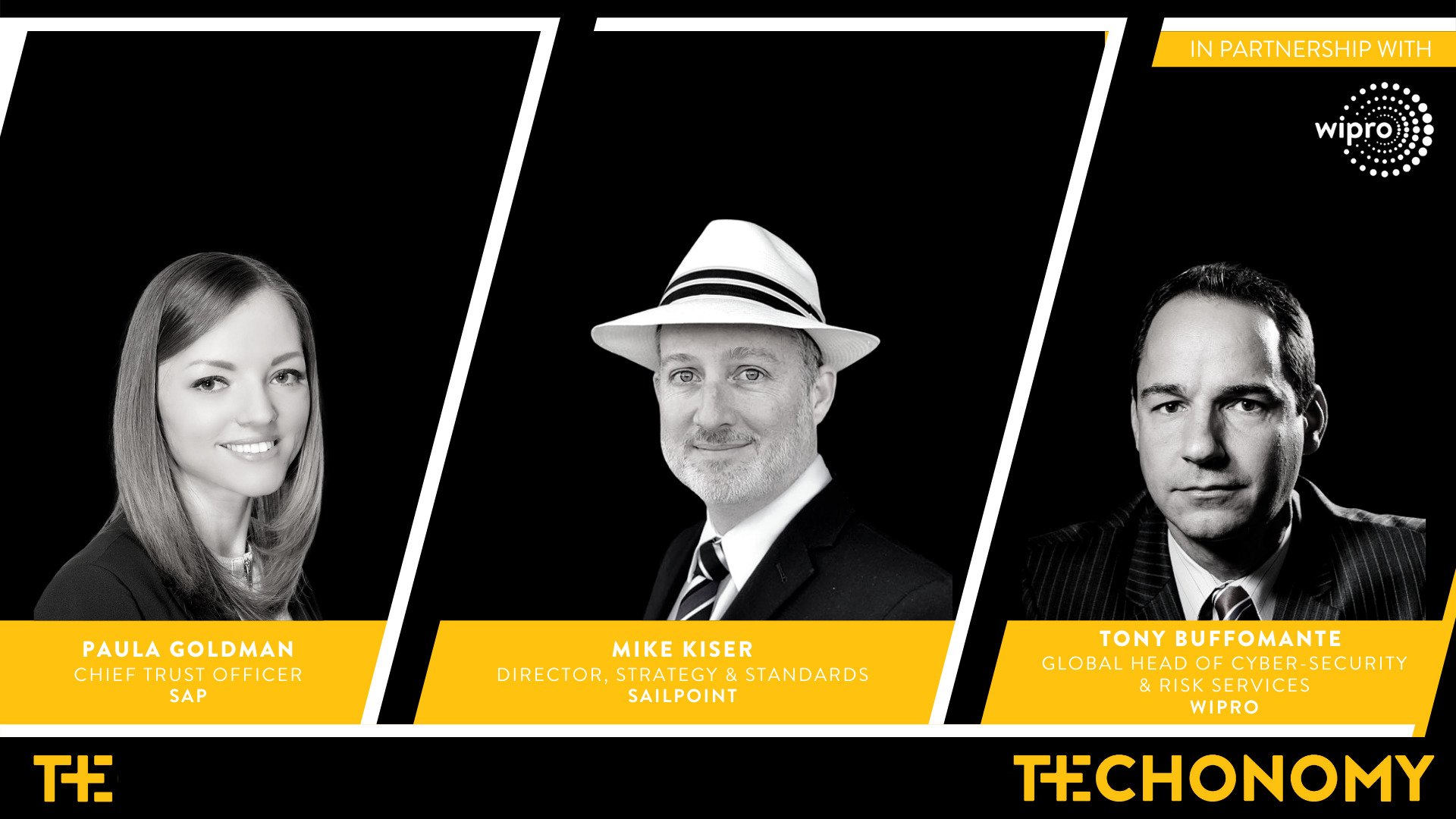It’s a paradox for the modern era: can we use tech to wean ourselves off tech? Scott Heiferman founded Meetup as one answer. People meet up in the real world — they use the service to organize book clubs, bar crawls, potlucks, sporting events, and other gatherings.
It addresses a real social problem, and Heiferman said at the Techonomy NYC 2019 event that he’s learned a lot from running it that applies more broadly to our challenges of living in a technologized society. A recent Nielsen study found that American adults spend more than 11 hours a day staring at screens or otherwise interacting with media — and nearly 4 hours of that time is spent on phones, tablets, and computers.

But even as people connect with each other online, they seem to feel more isolated. In a Blue Cross Blue Shield analysis of more than 41 million people in the U.S., the company found that depression rates were on the rise for all demographic groups, with the largest uptick seen among adolescents. The company’s chief medical officer, Trent Haywood, said that people who frequently use social media have been linked with higher rates of social isolation than infrequent social users. There’s growing evidence that around the world, digital addiction is contributing to a decline in happiness.
At Techonomy NYC, Heiferman echoed that concern: “The need for people to have opportunities to feel a sense of togetherness, belonging — there’s a dignity associated with all that.”
“The need for people to feel a sense of togetherness is very much a real deal.”
–Scott Heiferman, Meetup’s founder
The idea for Meetup emerged from Heiferman’s experience as a New Yorker during the Sept. 11, 2001, terrorist attacks. “I experienced that day talking to neighbors as I hadn’t before,” he recalled. “In a world that can be scary and difficult … how do people come together, how do they support each other and help each other?”
Around the world, tens of thousands of Meetup get-togethers now happen every day. WeWork reportedly paid $200 million to acquire the company in 2017, and now aims to significantly ramp up the community-building service.
Heiferman argues that Meetup is only capturing a tiny slice of the need for facilitating real-world connections, and that other industries have a lot to contribute on this front. “You can press a button and make a car show up right now, but you can’t press a button and make people show up,” he said.

“There’s still vast opportunity to connect people,” Heiferman added. “It’s like we’re in a caveman era of people not being brought together.” For example, given that many health studies suggest that patients have better outcomes when they participate in support groups, he asked, “why aren’t pharmaceutical companies connecting the people who are taking the same drug in the same neighborhood?”
Despite the challenges faced by the tech industry, particularly Facebook and Mark Zuckerberg, “we’re not going to do without the connective technology that brings people together,” he said. And while autonomous transportation services may displace some Uber, Lyft and other drivers, being in a car with a driver has something to recommend it, in his opinion: “the need for people to feel a sense of togetherness is very much a real deal.”
Ultimately, society will have to figure out whether tech will have a generally positive or negative impact on community interactions. The big question, Heiferman said, is: “Are we ripping people apart or bringing them together?”















